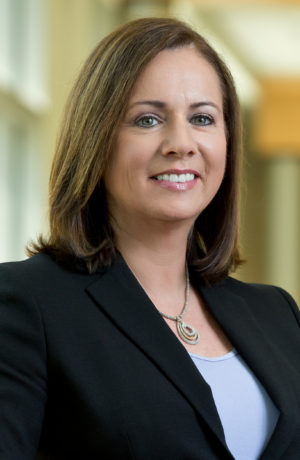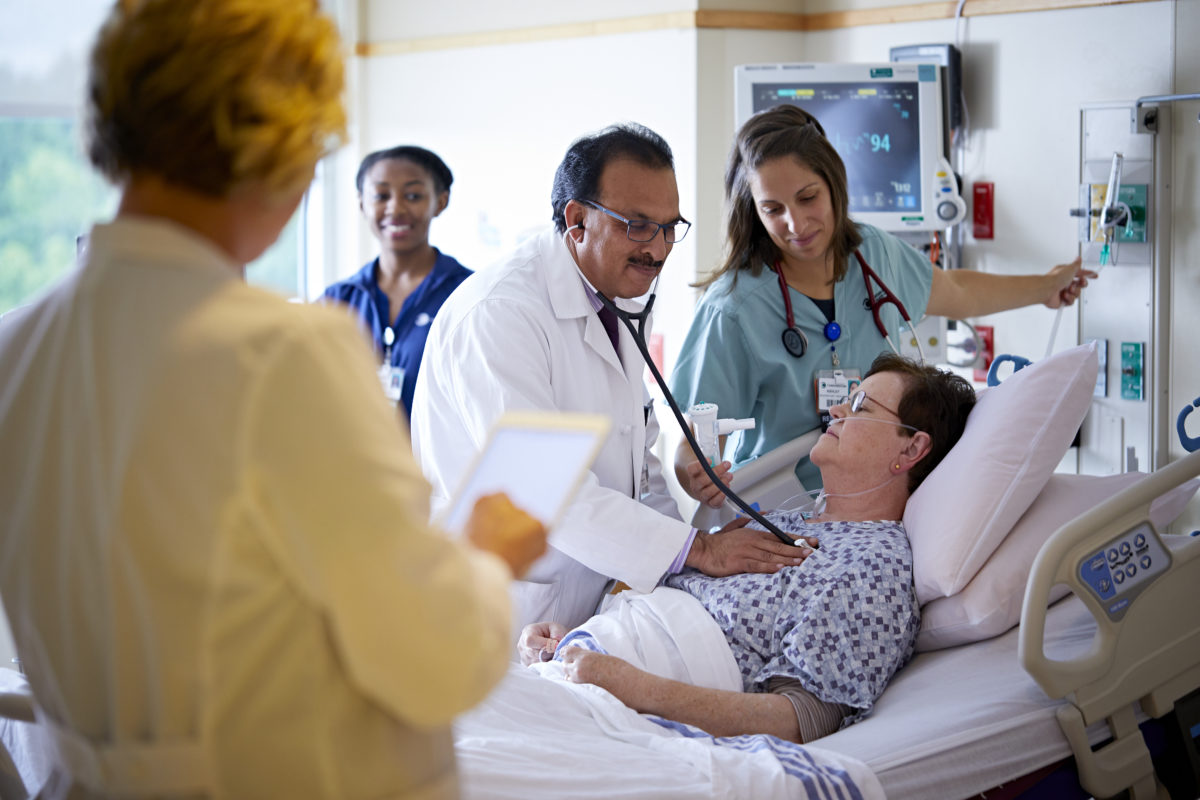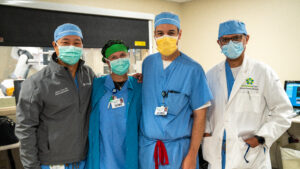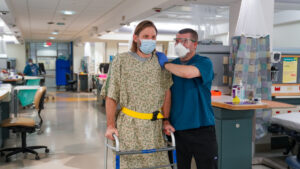Out of more than 4,500 hospitals in the U.S., Christiana Care was one of only 29 this year to achieve the highest ratings in every common condition or procedure in U.S. News & World Report’s Best Hospitals rankings. This is the third consecutive year that Christiana Care has earned that distinction — a record that only 14 hospitals in the country have achieved.
Christiana Care was also recognized as the best hospital in Delaware and was ranked No. 3 among the 90-plus hospitals in the Philadelphia region.

“At Christiana Care, we serve together to make a positive impact on the health of our community,” said Janice E. Nevin, M.D., MPH, Christiana Care president and CEO. “That impact starts with the high-quality, safe care that we provide in our hospitals. This recognition by U.S. News & World Report affirms that we’re exceptional today — and we remain committed to do all that we can to be even better tomorrow.”
The conditions and procedures ranked are:
- Colon cancer surgery.
- Lung cancer surgery.
- Chronic obstructive pulmonary disease.
- Heart failure.
- Heart bypass surgery.
- Aortic valve surgery.
- Abdominal aortic aneurysm repair.
- Knee replacement.
- Hip replacement.
These procedures and surgeries represent a high level of achievement across the board and is a testament to our organization’s culture,” said Ken L. Silverstein, M.D., MBA, chief clinical officer and executive vice president at Christiana Care.

“We serve together, guided by our values, Excellence and Love. These values motivate every person who works at Christiana Care to deliver the best care and the best experience to every person we serve,” Dr. Silverstein said.
U.S. News and World Report also ranked Christiana Care as No. 39 in the nation in gastroenterology and GI surgery, the third year running in which it has been included in the top 50.
Christiana Care also was rated as high performing in care related to diabetes and endocrinology, geriatrics, nephrology, neurology and neurosurgery, orthopaedics and pulmonology.
Reflecting on the three-time achievement—and the consistent quality and continuous improvement it represents—Dr. Silverstein credits three areas of focus at Christiana Care: caregiver engagement, standardized care and data-driven accountability.
Engaging caregivers
“We know that in order to deliver the very best care, doctors, nurses and other health care professionals need to be able to experience joy in their work,” he said. “We focus on supporting and partnering with our caregivers to create that positive experience.”
An example is Christiana Care’s Center for Provider Wellbeing, which has developed programming, peer coaching, counseling and other assistance to help physicians and other caregivers maintain work-life balance and build resilience to prevent burnout.
Standardized and personalized care
While each patient at Christiana Care receives individualized care designed to meet his or her unique needs, a simultaneous focus on standardizing care around specific conditions or disease states ensures that every patient receives the right evidence-based care, at the right time, with the right team of health care professionals involved. For example, while two patients with diabetes might have individual needs that are unique, they also share some needs in common with every diabetic patient. By ensuring those common needs are addressed consistently across the health system, based on the most up-to-date evidence and guidelines, Christiana Care is advancing the quality of care on all fronts.
“We work to ensure that our clinicians are supported and their actions are firmly grounded in evidence,” Dr. Silverstein said. “And we also respect the importance of the clinician’s ability to use his or her judgment to react to each situation. When we get that balance right, we all gain the satisfaction that comes with delivering the best care to our patients.”
Data-driven accountability
Christiana Care has made great strides in recent years not only in capturing data, but also in making data available and understandable to both leaders and front-line caregivers.
“Access to data in the service lines is important because it gives our caregivers the ability to analyze their own data to augment their clinical expertise,” Dr. Silverstein said. It also helps to build accountability, which is more effective when people have the ability to understand and influence data that evaluates the care they deliver,” he said.
Christiana Care has invested in data as a strategic asset. Through its Center for Strategic Information Management, the organization has set standards around how data are collected, defined and can best be harnessed to improve care.
How the rankings work
U.S. News & World Report measures procedure and condition ratings based on three elements: structures, the resources devoted to patient care; process, whether the practices that help patients are woven into hospital routine; and outcomes, the results of care as measured by five years of claims data and other sources.
It ranks hospitals in nine conditions and procedures as either high performing, average or below average. The procedures and conditions measured were selected based on patient volumes, the availability of comparison data and the presence of risk or complexity.


